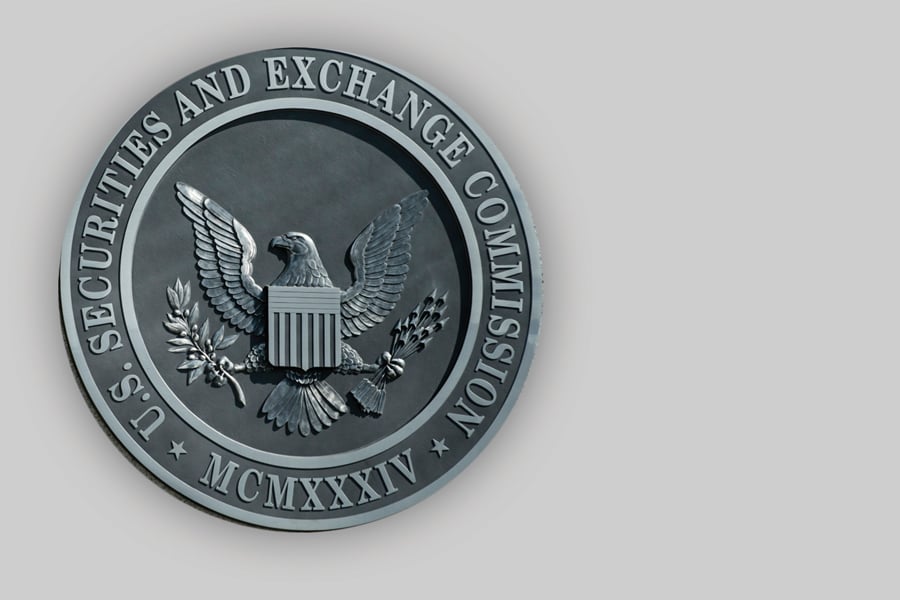When it votes on a final investment advice reform package next week, the Securities and Exchange Commission will revisit an explosive issue: The extent to which brokers can provide advice without having to register as investment advisers.
When the four SEC members
meet June 5, they'll decide whether to approve Regulation Best Interest and the disclosure document known as
Form CRS. A
new item on the agenda is labeled "interpretation of 'solely incidental.'"
That indicates the SEC will tackle language in the Investment Advisers Act of 1940 that exempts brokers from registering as investment advisers — and being fiduciaries — if the advice they provide is "solely incidental" to their work as brokers and if they receive no special compensation for those services.
"The solely incidental
issue is crucial," Michael Kitces, partner and director of planning research at Pinnacle Advisory Group, wrote in an email. "It's actually the central issue of reforming fiduciary regulation of advisers."
In 2005, the SEC proposed a rule that would permit brokers to offer fee-based accounts without having to register as advisers. The U.S. Court of Appeals for the D.C. Circuit
vacated the rule in 2007, holding that the agency didn't have the authority to allow the exemption. As a result, brokers who put clients in fee-based accounts must be dually registered as investment advisers.
Mr. Kitces said the SEC should be careful not to define "solely incidental" too broadly this time around.
"This issue forms the crux of a potential lawsuit challenge to the SEC if they go too far," Mr. Kitces said. "Just as the SEC's fiduciary broker-dealer exemption was overturned back in 2007 when the SEC tried to expand existing fiduciary exemptions beyond what Congress wrote, an overly lax interpretation of the 'solely incidental' rule here creates a similar risk of legal challenge for the SEC."
Investor advocates argue the SEC allows brokers to hold out as advisers yet continue to be governed by the suitability rule rather than the fiduciary duty. The brokerage industry has resisted suggestions to remove the broker exemption from the Investment Advisers Act.
In
pages 199 through 209 of the Reg BI proposal, there is a discussion of the "solely incidental" issue.
"We believe it is appropriate for the commission to again consider the scope of the broker-dealer exclusion with regard to a broker-dealers' exercise of investment discretion in light of both proposed Regulation Best Interest and the proposed Relationship Summary," the proposal states.
Ron Rhoades, assistant professor of finance and director of the financial planning program at Western Kentucky University, is concerned the SEC will give brokers wide latitude to give advice without being fiduciaries.
"I think they want to formalize the informal interpretation they've had for several years," Mr. Rhoades said. "Pretty much any advice is acceptable — any level of advice does not require registration as an investment adviser."
Joel Wattenbarger, partner at Ropes & Gray, said the SEC is poised to weigh in on questions such as whether brokers can still fall under the "solely incidental" language if they exercise investment discretion on a temporary or limited basis.
"These are areas where the industry would like some clarity," he said.
The June 5 agenda says the SEC will "consider whether to publish" its interpretation of "solely incidental." It doesn't appear the agency will take comments on it.
"It certainly suggests they're proceeding with a final interpretation without engaging in a proposal," Mr. Wattenbarger said.
SEC chairman Jay Clayton asserts Reg BI raises the broker standard above suitability. Under the proposal, brokers and investment advisers would continue to be regulated separately, with advisers adhering to a fiduciary duty.







